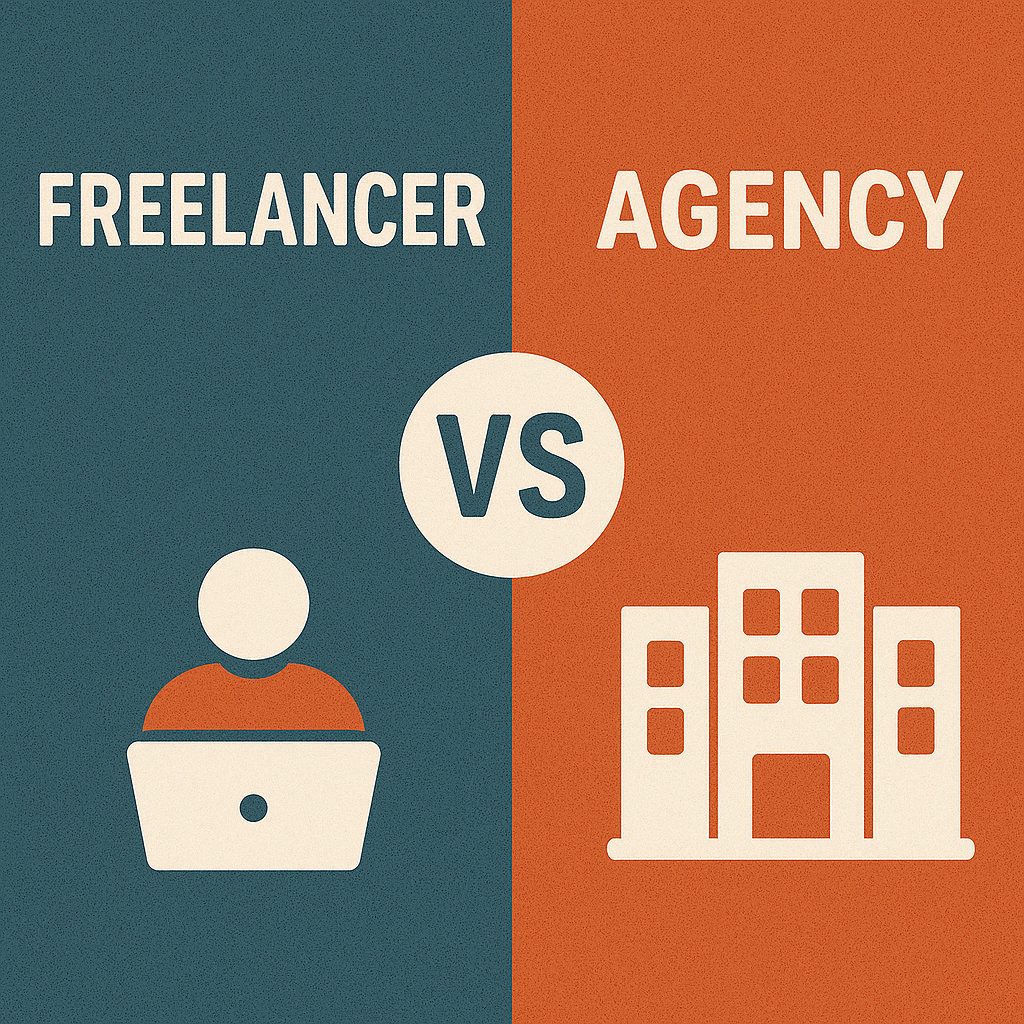
How much does it cost to build an immersive experience using virtual, augmented, or mixed reality? The answer varies widely based on the scope, complexity, and the talent you hire. One of the biggest decisions you’ll make is whether to work with freelancers or a creative agency – and both come with their pros, cons, and cost implications.
In this guide, we’ll unpack what affects XR project costs and help you decide the best approach for your needs and budget.
What Influences the Cost of an XR Project?
Whether you’re building an AR app for retail or a VR simulation for training, the price tag will depend on several factors:
Hiring Freelancers: Cost and Considerations
Freelancers are a popular option for businesses with tight budgets, smaller projects, or the need for very specific expertise.
Average Hourly Rates (2025):
Pros:
Cons:
Ideal For: MVPs, prototyping, short-term interactive campaigns, and startups testing ideas.
Working with an XR Agency: Cost and Considerations
Agencies/Consultancies offer full-service capabilities – strategy, design, development, QA, and project management – under one roof.
Typical Project Cost Ranges:
Pros:
Cons:
Ideal For: Large-scale enterprise projects, multi-stakeholder apps, compliance-sensitive use cases.
Freelancer vs Agency: Side-by-Side Comparison
| Feature | Freelancers | Agencies |
| Cost | £5,000–£30,000+ | £15,000–£250,000+ |
| Speed to Start | Fast | Medium |
| Project Management | You | Included |
| Flexibility | High | Medium |
| Risk | Varies by hire | Lower (with reputable agency) |
| Team Coordination | You coordinate | Agency handles |
| Customisation | High (per specialist) | Medium to high |
| Best For | Startups, pilots, creative | Enterprises, full product |
Blended Approach: The Best of Both Worlds?
Some companies choose a hybrid strategy:
This approach helps control costs while benefiting from both depth and agility.
How to Budget for Your XR Project
Start with your goals and work backward:
Then ask:
These answers can guide whether you need a comprehensive agency or a few skilled freelancers.
Whether you go with freelancers or an agency, the cost of an XR project should be seen as an investment in innovation, engagement, and future-proofing your brand. Freelancers offer speed, flexibility, and budget-conscious execution. Agencies bring structure, full-service support, and enterprise-level quality.
Choose based on your goals, timeline, and team capacity—and don’t be afraid to experiment with a blended model that suits your unique needs.
Looking to post your XR project? Explore our extended reality work marketplace to find vetted freelancers or agencies that fit your scope and budget.